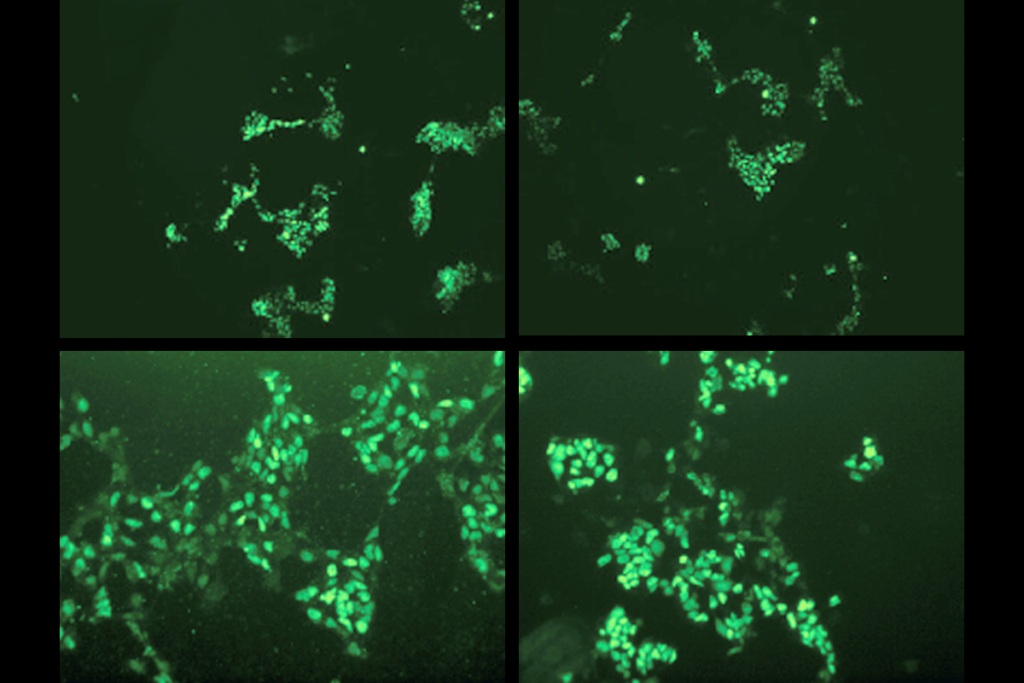Genetics: Common variants key in psychiatric inheritance
More of the common variants implicated in schizophrenia are also linked to bipolar disorder than to autism, according to a study published 28 August in Nature Genetics.
More of the common variants implicated in schizophrenia are also linked to bipolar disorder than to autism. The Psychiatric Genomics Consortium, a large international consortium, reported the results 28 August in Nature Genetics1.
The consortium consolidates genetic data from individuals with any of five psychiatric disorders: schizophrenia, autism, attention deficit hyperactivity disorder (ADHD), bipolar disorder and depression.
It aims to study the significance of single nucleotide polymorphisms (SNPs), which are common alterations of single DNA nucleotides. Although SNPs are present throughout the population, they may combine to confer risk for certain disorders. Studies need large groups of participants in order to find statistically significant associations between individual SNPs and a disorder.
The new study includes data from more than 32,000 people with one of the five disorders — including 3,303 people with autism and 9,087 people with schizophrenia — and more than 46,000 controls.
To examine heritability, the researchers compared the prevalence of nearly one million SNPs for each of the five disorders in people with disorders and matched controls. SNPs that are shared by the members of a group with a particular disorder — rather than those shared among both the group and controls — are likely to be involved in risk for that disorder.
Based on this analysis, about 20 percent of the risk for developing one of these disorders may be due to SNPs, the study found. The finding suggests that although most datasets are not large enough to find statistically significant associations, the links do exist.
The researchers also looked at similarities between the five disorders. Schizophrenia shows a high correlation with bipolar disorder — meaning several common variants impart risk for both of these disorders — an intermediate correlation with depression and only a slight correlation with autism. There is also a moderate correlation between ADHD and depression, and between bipolar disorder and depression.
Surprisingly, the researchers did not see a correlation between autism and bipolar disorder or ADHD.
Other factors, such as copy number variants — duplications or deletions of regions of the chromosome — or environmental influences may explain the co-occurrence of these disorders, the researchers say.
References:
1: Cross-disorder group of the Psychiatric Genomics Consortium et al. Nat. Genet. 45, 984-994 (2013) PubMed
Recommended reading

Developmental delay patterns differ with diagnosis; and more

Split gene therapy delivers promise in mice modeling Dravet syndrome

Changes in autism scores across childhood differ between girls and boys
Explore more from The Transmitter

Smell studies often use unnaturally high odor concentrations, analysis reveals

‘Natural Neuroscience: Toward a Systems Neuroscience of Natural Behaviors,’ an excerpt
